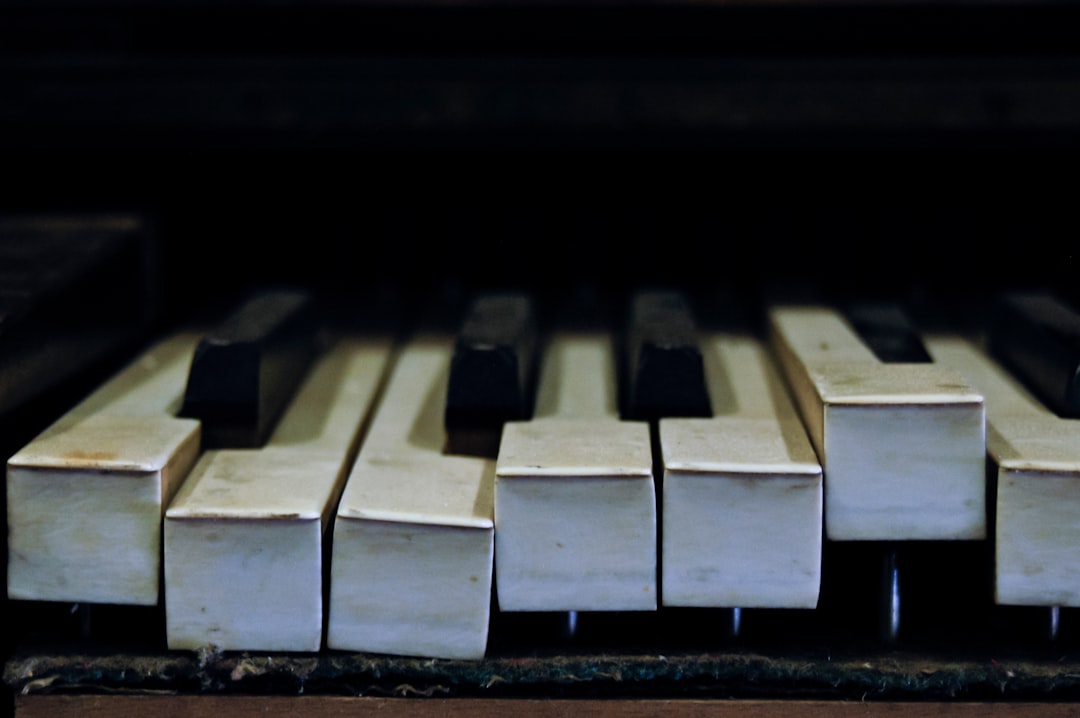Buying a Used Piano: How to Tell if a Used Piano is Good

A piano is a wonderful thing to have in your home. Whether someone offers you their old piano or you see that "used piano for sale" sign in the neighborhood, buying a used piano is no simple task. There are many factors that go into the decision. This is how to tell if a used piano is good enough to be worth your effort...
As a piano teacher, I've had so many students ask me to go check out pianos for them because they don't trust themselves to know the difference. It's definitely helpful to have a musician with you on your piano-shopping excursions, but for the times that that's not possible, here's a checklist to help you confidently make the call.
- Is it in good physical condition?
Used pianos can span a pretty big range of conditions. Some used pianos make the job very easy by showing their age on the exterior. How does the piano look from the outside? Are there scratches on the wood? Are the keys discolored? Does it look like it's fallen down a flight of stairs? If a piano looks really good on the outside, it probably means that the owner took good care of it. As much as the cosmetic aspect seems irrelevant, it is the first sign that you're looking at a piano that was loved. Before you even consider buying a used piano, make sure it looks good. This can save you a trip - if you see a picture of a beat-up piano on Craigslist, don't waste your time.
- Are the keys are aligned?
Sometimes second-hand pianos have keys sticking up higher than the others. This is not a good sign. If the keys don't look aligned properly, you should keep looking. If you're feeling really ambitious, you can explore the source of this problem and check "under the hood." Internally, the difference between a grand piano and an upright piano is simply that the apparatus inside is verticle on an upright (hence the name "upright") and horizontal on a grand piano. In either situation, you can lift the lid and take a peek at the hammers. If you haven't looked inside a piano before, you might be surprised to see a series of fuzzy hammers lined up across the whole instrument. If those are out of alignment, or really anything looks crooked or broken, run for the hills (unless of course you're looking for a piano refurbishing project).
- One note at a time
At the risk of driving the current owner crazy, you can play each note - one at a time, and listen to the sound of each one. If you're feeling too shy for that, just try out a couple of notes, choosing from different ranges on the keyboard. Since each piano key is actually causing a fuzzy hammer to hit 2 or 3 strings, a single note can actually be out of tune with itself! You'll know if it sounds gross, trust yourself.
- Play an octave
For those of you that don't know much about music, an "octave" is 2 notes that are 8 notes away from each other, and have the same name (ie. C and C ). If you are a real novice, use your eyes, and find 2 notes that are the same amongst the pattern of black notes. Now go up the scale in octaves one note at a time. "Out-of-tune" will sound like very fast vibrations. You're looking for a nice blended sound whose vibrations will feel more like a "flat line."
- Play a chord
If you don't know what a chord is, this is a great time to learn. If you're feeling ambitious, find some piano tutorials on youtube and learn something fun and easy that you can use to test out a piano. "Let it Be" by the Beatles would be a great choice.
These are just simple ways to quickly inspect a piano. If you are buying a used piano that is more expensive, and really want to make sure it's in amazing condition, I would highly recommend taking an expert with you. Inspecting a piano can get very in-depth, especially if the seller is okay with you disassembling the piano a bit. If you don't understand the structure of a piano, looking inside can be very foreign.
If you've done everything on this checklist, and you're still on the fence, keep looking! You might feel more comfortable with your decision after listening to 3 or 4 different pianos.
How often should I tune my piano?
If a piano is out of shape, it will lose its tuning quickly, or worse, be un-tunable!
If you really want to take great care of your piano (and your piano is already in good condition), you should tune it once or twice a year. There are a lot of factors that go into how well a piano keeps its tuning. This includes weather, humidity, age, and condition. To be honest, most people don't tune their pianos nearly as often, and you can probably get away with doing it once every 2 years (although I'm sure piano tuners would cringe at the thought).
Hopefully, these tips will help you find your dream secondhand piano. Next step, finding the perfect piano teacher!



